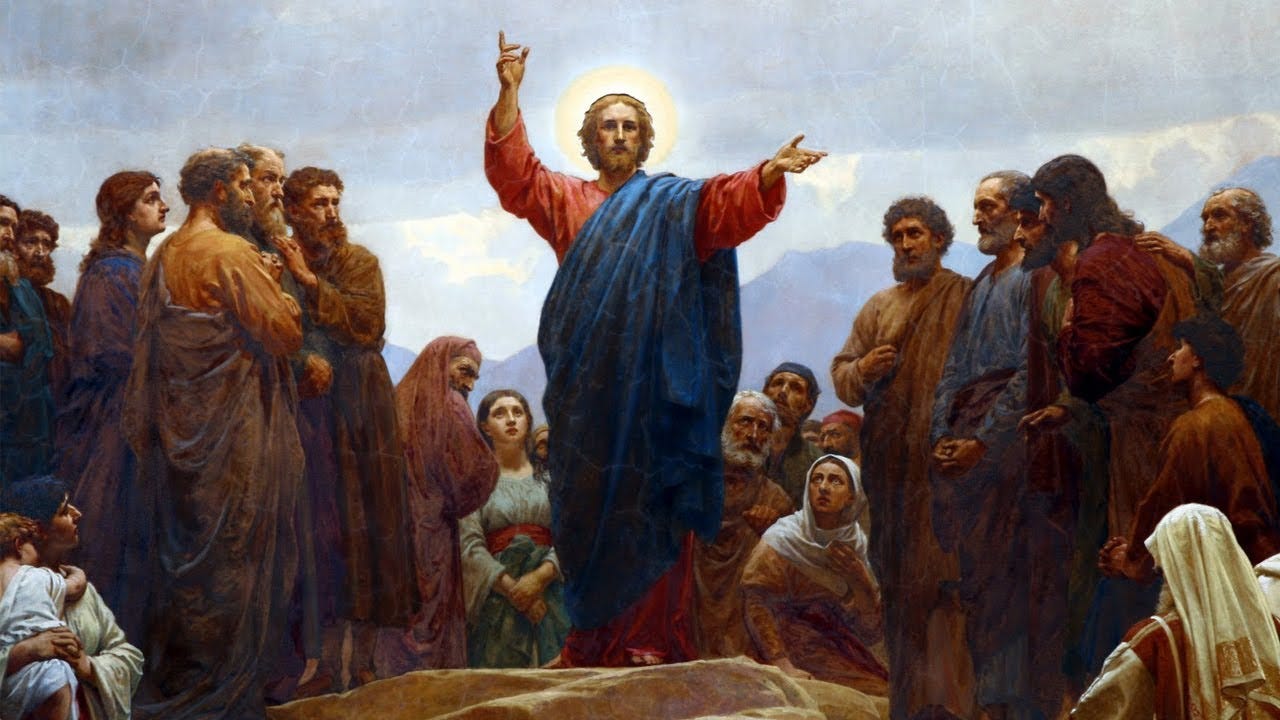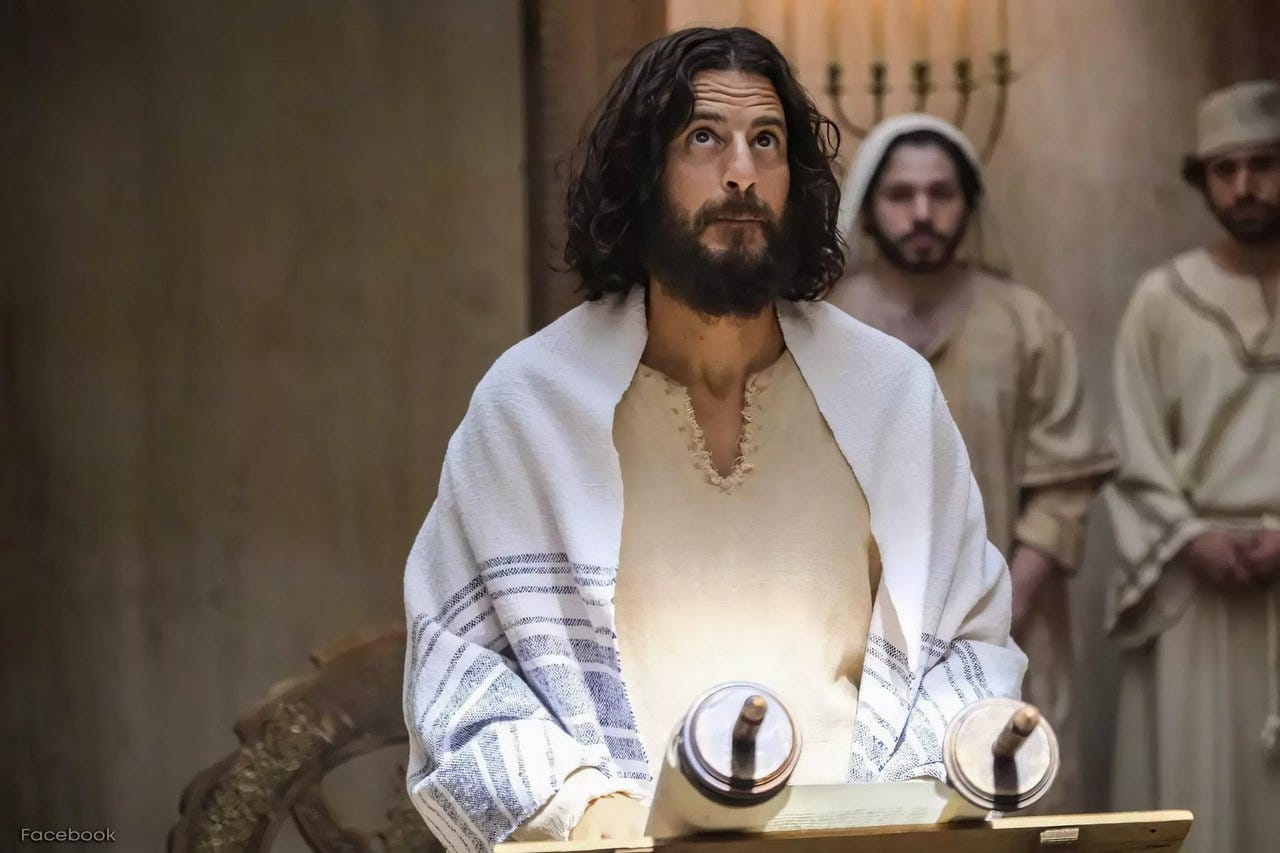Jews and The Christian Church
What the Church has Officially Said
The relationship between the Church and the Jewish people has always been complex. It began in covenant, suffered through centuries of rivalry, and continues to depend on divine fidelity rather than diplomacy. To treat it honestly means discarding sentimentality and convenient excuses. It also means acknowledging that the God of Abraham does not revoke His promises, no matter how many theologians or kingdoms have tried to edit them.
When Nostra Aetate was issued in 1965, its fourth paragraph quietly realigned centuries of Catholic thought. “As the sacred synod searches into the mystery of the Church, it remembers the bond that spiritually ties the people of the New Covenant to Abraham’s stock.” The choice of “remembers” is deliberate. The Church was not inventing a new relationship but recovering an ancient one. The document adds, “God holds the Jews most dear for the sake of their fathers; He does not repent of the gifts He makes or of the calls He issues.” With a single citation from Romans—“the gifts and the call of God are irrevocable” (Rom 11:29)—the Council restored biblical proportion to Christian memory. This was not diplomacy. It was theology. The Church cannot make sense of herself apart from Israel. To despise Israel is to forget one’s own parentage.
Paul’s image of the olive tree in Romans 11 remains the most coherent explanation of this mystery. The patriarchs are the root, Israel the cultivated tree, and Gentile believers the wild branches grafted in. “Do not boast against the branches,” Paul warns, “for it is not you that support the root, but the root that supports you.” The warning went unheeded. Gentile Christianity eventually came to see itself not as grafted but as a replacement. Supersessionism—the idea that the Church erased Israel’s election—became standard. It was built on political convenience and human pride, not on Scripture.
Supersessionism fails the test of covenant theology. Divine covenants are not canceled like contracts; they unfold and are elevated. The covenant with Abraham finds completion, not abolition, in Christ. Rabbi Mark Kinzer, in Searching Her Own Mystery, observes, “The Church can only understand her identity when she affirms the enduring election of Israel alongside her own.” Kinzer, a Jewish believer in Jesus, explains that the Church’s life is tied to Israel’s through union with the risen Messiah. The Church does not displace Israel. She shares its destiny through the same covenantal God who keeps His word.
This is theological realism, not sentimental unity. When God made covenant with Abraham, He pledged Himself forever. The promises of descendants, land, and blessing run through every later covenant—Mosaic, Davidic, and New. Each advances what came before. The Law is fulfilled in Christ. The throne of David endures in Him. Israel’s vocation to bring light to the nations now extends through the Church’s mission.
The early Church Fathers, despite polemical excesses, saw this continuity. Augustine called Israel “the book on which the Church is written.” The moral law, liturgy, and Scripture show that Christianity did not emerge from a vacuum but from the soil of Jewish faith.
History’s record is less generous. Medieval Christendom treated Jews with suspicion and hostility. In protestantism, Luther, unable to persuade the Jews to convert, turned to invective. The result was a long tradition of contempt that disguised itself as zeal. Doctrine was not the problem. Its neglect was.
When Nostra Aetate finally corrected the course, it was not surrender to modernity. It was recovery of biblical truth. The declaration did not blur faith into interreligious diplomacy. It affirmed that salvation is through Christ, while Israel’s election remains. “The Church awaits that day,” it states, “when all peoples will address the Lord in a single voice and serve Him shoulder to shoulder.” The phrase from Zephaniah is not decorative. It signals that salvation history has not concluded. The abrupt ending of the Acts of the Apostles serves the same purpose: the story continues.
Kinzer views this unfinished story as proof that the Church must rediscover her Jewish dimension. The persistence of Israel defies historical odds. “Israel’s enduring vitality,” he writes, “is itself a sign that the divine Author has not finished His story.” The reestablishment of a Jewish homeland is not merely politics. It is evidence of ongoing providence. It need not mean that the modern State of Israel fulfills prophecy, but it does show that the covenant remains active in history.
The Church isn’t overtly Zionist but she cannot ignore Israel’s theological significance. The land is not only geography. It is a sign of God’s fidelity. The prophets warned that possession of the land was never an end in itself but a summons to communion with God.
Supersessionism thus fails not only historically but theologically. It assumes that God cancels His promises when men fail Him. Divine fidelity is stronger than human failure. If the covenant with Israel could be nullified, so could the New Covenant. The God who remained faithful to Abraham’s descendants despite rebellion is the same who sustains the Church despite sin. Paul described this paradox: “Through their trespass salvation has come to the Gentiles, so as to make Israel jealous.” That jealousy is not resentment. It is an invitation. The Gentiles’ faith is meant to draw Israel back to her Messiah, not to ridicule her loss.
The Church’s very existence testifies to God’s loyalty to Israel. Every baptism and Eucharist trace their lineage to Abraham’s faith. The Church’s mission to all nations extends Israel’s original vocation. Salvation history advances from Adam to Abraham, from Israel to the Gentiles, and, as Paul foretells, will one day return to Israel. “The full inclusion of the Jews in the Messiah’s salvation,” the Catechism teaches, “will enable the People of God to achieve the fullness of Christ” (CCC 674). The story that began with one man’s faith will conclude with the faith of his descendants.
The conversion of Israel before Christ’s return is not speculation but covenant logic. The beginning and the end mirror each other. Redemption began with Abraham’s family and will culminate in their reconciliation with the Messiah.
Christians who scorn Israel misread both Scripture and history. Those who idolize Israel mistake the covenant for the Creator. The right posture is gratitude. The Church owes thanks for the root that nourishes her, for the covenant that included her, and for the God who will unite both branches of the olive tree.
Until that fulfillment, the Church must, as Kinzer writes, “search her own mystery.” She must see herself not as Israel’s replacement but as joined to her destiny. She must hold to theological clarity and avoid romanticism. The link between the Church and Israel is not nostalgia. It is covenant reality. History falters, but God’s fidelity endures. The story of salvation is still being written, and its Author has not put down His pen.






